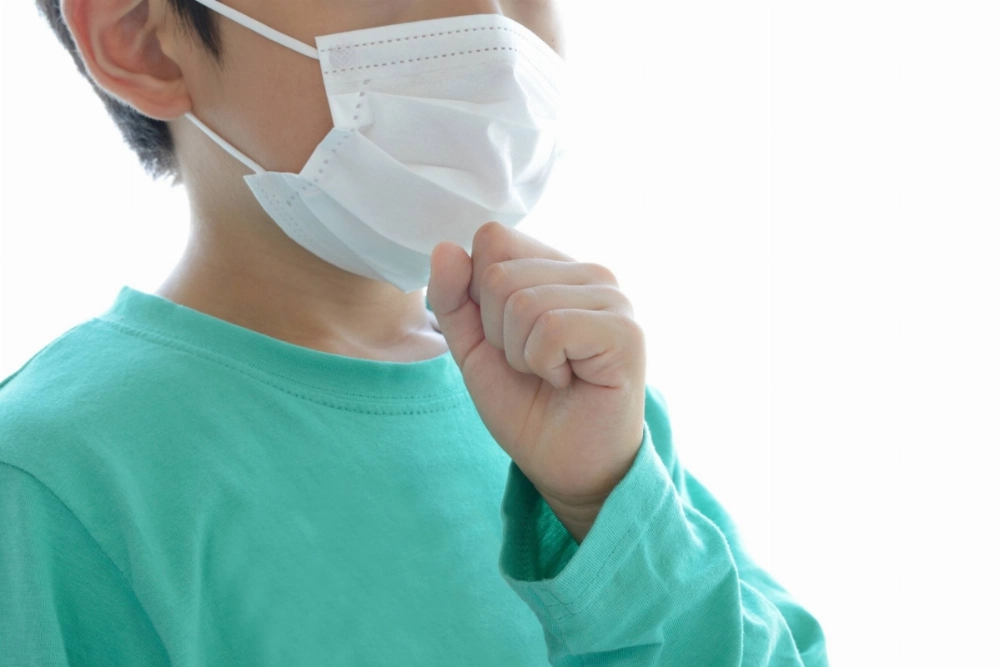Whooping cough has swept across Japan, with the number of cases reported so far this year exceeding that of the entire year of 2024.
From the beginning of this year to March 30, the cumulative number of whooping cough patients reported by medical institutions nationwide was 4,771, exceeding 4,054 cases reported in the 12 months of 2024.
With the infectious disease, caused by a type of bacteria called Bordetella pertussis, believed to be spreading mainly among preschool children and elementary and junior high school students, experts have urged people to consider vaccinations.


















With your current subscription plan you can comment on stories. However, before writing your first comment, please create a display name in the Profile section of your subscriber account page.